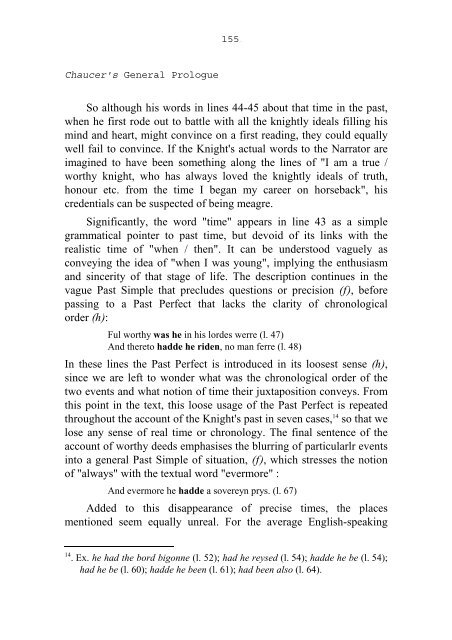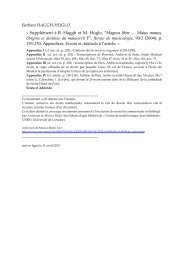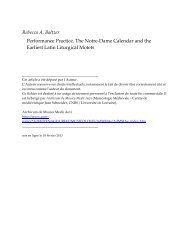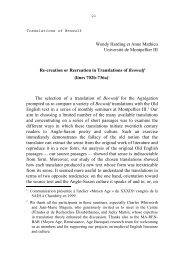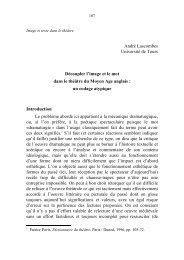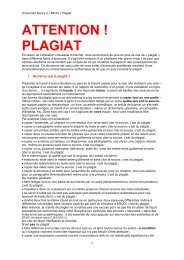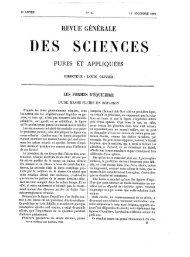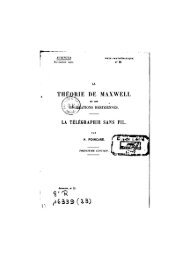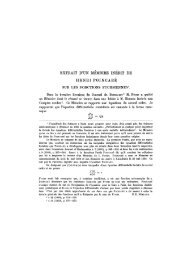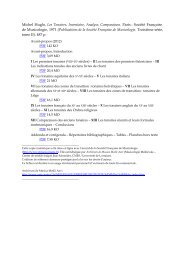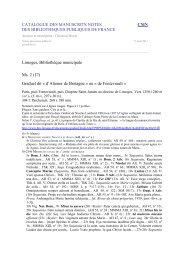Create successful ePaper yourself
Turn your PDF publications into a flip-book with our unique Google optimized e-Paper software.
Chaucer's General Prologue<br />
155_(12U<br />
So although his words in lines 44-45 about that time in the past,<br />
when he first rode out to battle with all the knightly ideals filling his<br />
mind and heart, might convince on a first reading, they could equally<br />
well fail to convince. If the Knight's actual words to the Narrator are<br />
imagined to have been something along the lines of "I am a true /<br />
worthy knight, who has always loved the knightly ideals of truth,<br />
honour etc. from the time I began my career on horseback", his<br />
credentials can be suspected of being meagre.<br />
Significantly, the word "time" appears in line 43 as a simple<br />
grammatical pointer to past time, but devoid of its links with the<br />
realistic time of "when / then". It can be understood vaguely as<br />
conveying the idea of "when I was young", implying the enthusiasm<br />
and sincerity of that stage of life. The description continues in the<br />
vague Past Simple that precludes questions or precision ( f ), before<br />
passing to a Past Perfect that lacks the clarity of chronological<br />
order (h ):<br />
Ful worthy was he in his lordes werre (l. 47)<br />
And thereto hadde he riden, no man ferre (l. 48)<br />
In these lines the Past Perfect is introduced in its loosest sense (h ),<br />
since we are left to wonder what was the chronological order of the<br />
two events and what notion of time their juxtaposition conveys. From<br />
this point in the text, this loose usage of the Past Perfect is repeated<br />
throughout the account of the Knight's past in seven cases, 14 so that we<br />
lose any sense of real time or chronology. The final sentence of the<br />
account of worthy deeds emphasises the blurring of particularlr events<br />
into a general Past Simple of situation, ( f ), which stresses the notion<br />
of "always" with the textual word "evermore" :<br />
And evermore he hadde a sovereyn prys. (l. 67)<br />
Added to this disappearance of precise times, the places<br />
mentioned seem equally unreal. For the average English-speaking<br />
14 . Ex. he had the bord bigonne (l. 52); had he reysed (l. 54); hadde he be (l. 54);<br />
had he be (l. 60); hadde he been (l. 61); had been also (l. 64).


